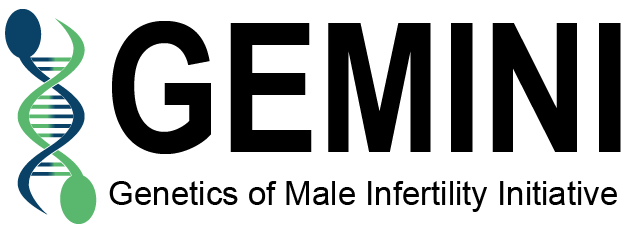AXDND1 is required to balance spermatogonial commitment and for sperm tail formation in mice and humans
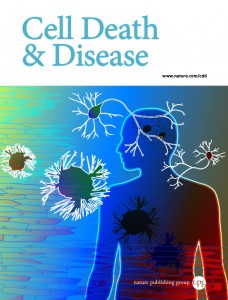
The latest paper is now available online in Cell Death & Disease. Abstract Dynein complexes are large, multi-unit assemblies involved in many biological processes via their critical roles in protein transport and axoneme motility. Using next-generation sequencing of infertile men presenting with low or no sperm in their ejaculates, we identified damaging variants in the […]
Toward clinical exomes in diagnostics and management of male infertility
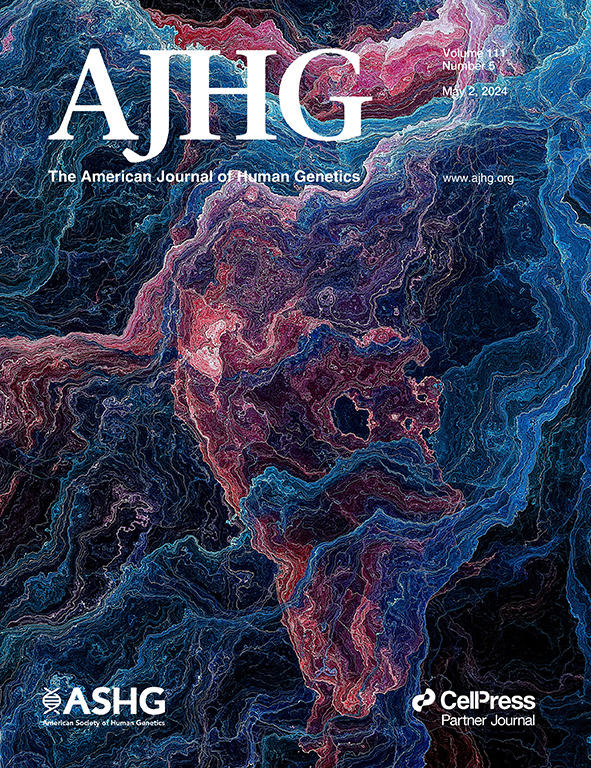
The latest paper is now available online in American Journal of Human Genetics. Abstract Infertility, affecting ∼10% of men, is predominantly caused by primary spermatogenic failure (SPGF). We screened likely pathogenic and pathogenic (LP/P) variants in 638 candidate genes for male infertility in 521 individuals presenting idiopathic SPGF and 323 normozoospermic men in the ESTAND […]
Undiagnosed RASopathies in infertile men

The latest paper is now available online in Frontiers in Endocrinology. Abstract RASopathies are syndromes caused by congenital defects in the Ras/mitogen-activated protein kinase (MAPK) pathway genes, with a population prevalence of 1 in 1,000. Patients are typically identified in childhood based on diverse characteristic features, including cryptorchidism (CR) in >50% of affected men. As […]
Genetic mutation of results in male infertility due to abnormal sperm tail composition
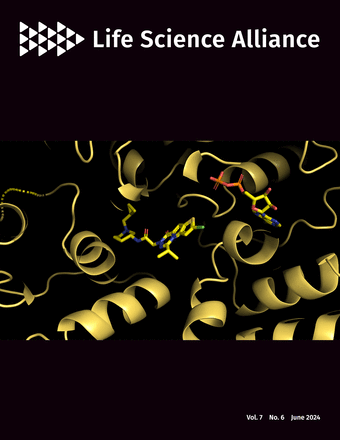
The latest paper is now available online in Life Science Alliance. Abstract The transition zone is a specialised gate at the base of cilia/flagella, which separates the ciliary compartment from the cytoplasm and strictly regulates protein entry. We identified a potential new regulator of the male germ cell transition zone, CEP76. We demonstrated that CEP76 […]
DDX3Y is likely the key spermatogenic factor in the AZFa region that contributes to human non-obstructive azoospermia
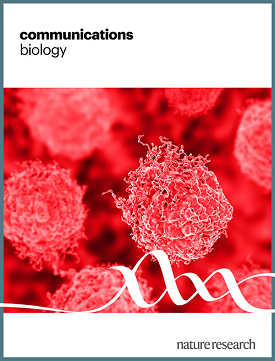
The latest paper is now available online in Communications Biology. Abstract Non-obstructive azoospermia, the absence of sperm in the ejaculate due to disturbed spermatogenesis, represents the most severe form of male infertility. De novo microdeletions of the Y-chromosomal AZFa region are one of few well-established genetic causes for NOA and are routinely analysed in the […]
C19ORF84 connects piRNA and DNA methylation machineries to defend the mammalian germ line
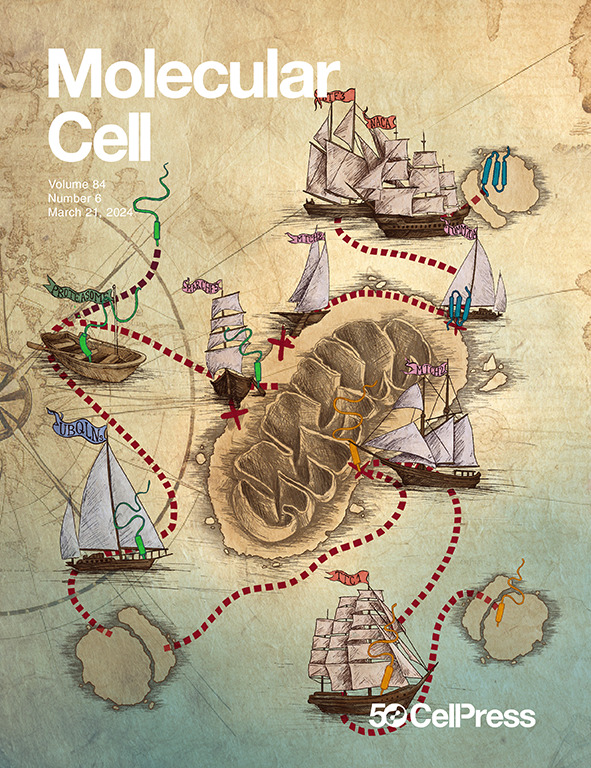
The latest paper in now available online in Molecular Cell. Abstract In the male mouse germ line, PIWI-interacting RNAs (piRNAs), bound by the PIWI protein MIWI2 (PIWIL4), guide DNA methylation of young active transposons through SPOCD1. However, the underlying mechanisms of SPOCD1-mediated piRNA-directed transposon methylation and whether this pathway functions to protect the human germ […]
Genome sequencing of Pakistani families with male infertility identifies deleterious genotypes in SPAG6, CCDC9, TKTL1, TUBA3C, and M1AP
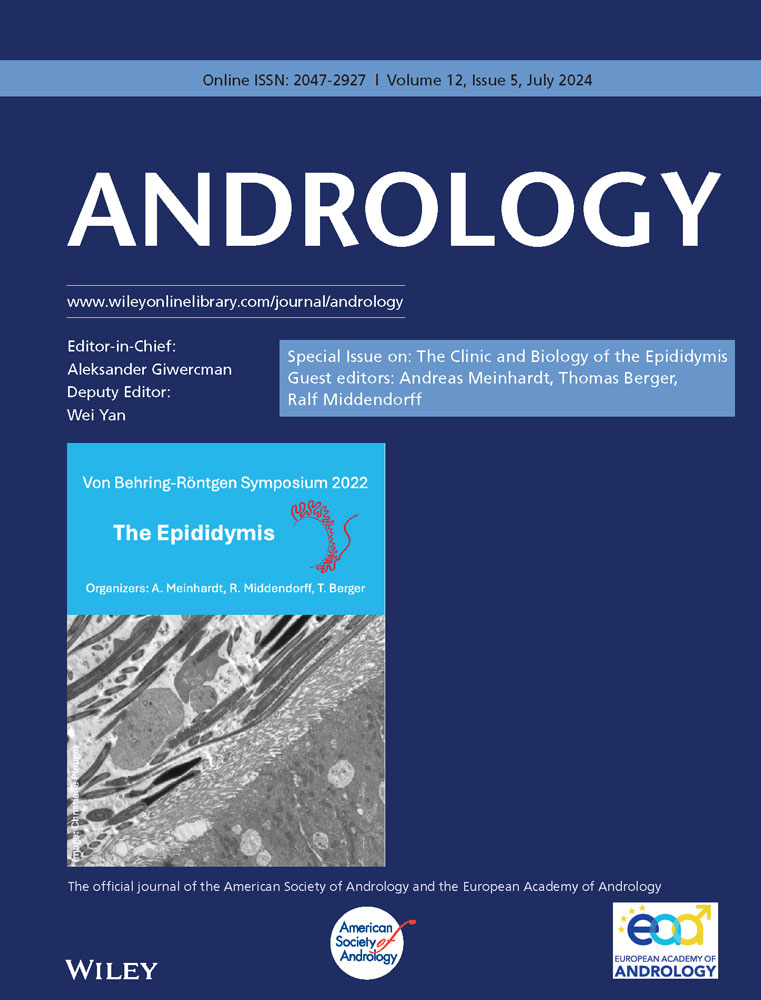
The latest paper is now available online in Andrology. Abstract BACKGROUND: There are likely to be hundreds of monogenic forms of human male infertility. Whole genome sequencing (WGS) is the most efficient way to make progress in mapping the causative genetic variants, and ultimately improve clinical management of the disease in each patient. Recruitment of […]
Deleterious genetic changes in AGTPBP1 result in teratozoospermia with sperm head and flagella defects
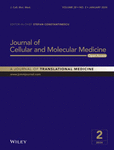
The latest paper is now available online in the Journal of Cellular and Molecular Medicine. Abstract Approximately 10%-15% of couples worldwide are infertile, and male factors account for approximately half of these cases. Teratozoospermia is a major cause of male infertility. Although various mutations have been identified in teratozoospermia, these can vary among ethnic groups. […]
Improved phenotypic classification of male infertility to promote discovery of genetic causes
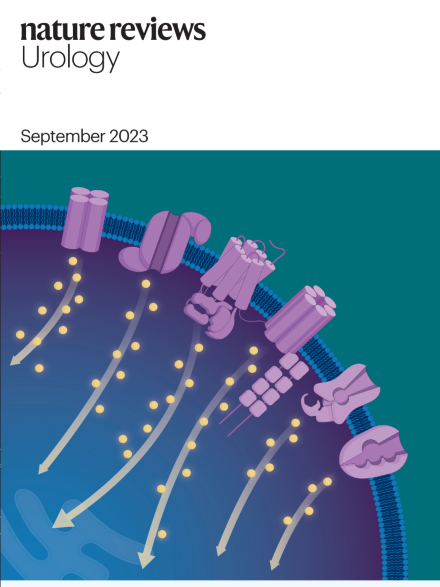
The latest paper is available online in Nature Reviews Urology. Abstract An increasing number of genes are being described in the context of non-syndromic male infertility. Linking the underlying genetic causes of non-syndromic male infertility with clinical data from patients is important to establish new genotype-phenotype correlations. This process can be facilitated by using universal […]
In vivo versus in silico assessment of potentially pathogenic missense variants in human reproductive genes
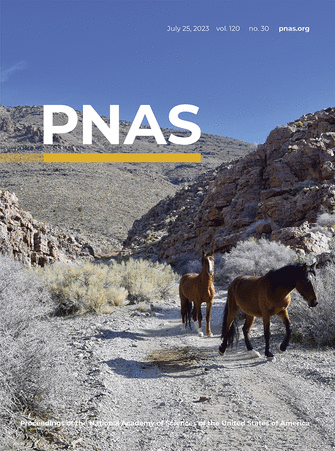
The latest paper is now available online in PNAS. Abstract Infertility is a heterogeneous condition, with genetic causes thought to underlie a substantial fraction of cases. Genome sequencing is becoming increasingly important for genetic diagnosis of diseases including idiopathic infertility; however, most rare or minor alleles identified in patients are variants of uncertain significance (VUS). […]
